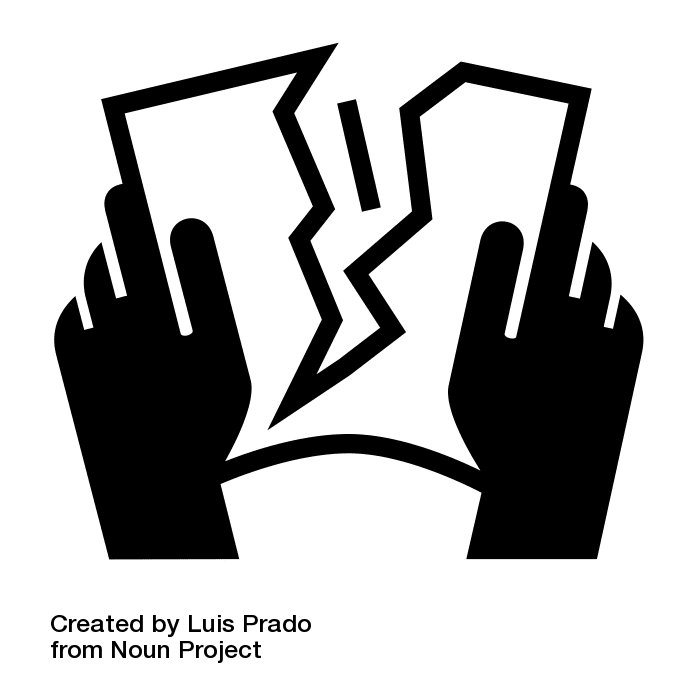
Now that we’ve passed the midpoint of the year, I had been thinking of what the future might hold for this blog’s annual predictions-for-the-coming-year post on New Year’s Day. My prediction was going to be that, given the various frustrations with our Constitution and the discrediting of our Founders, we would see a serious attempt to scrap that document in favor of a completely new constitution.
Well, that has already happened. The journal Democracy sponsored a symposium of progressive academics (read this for their deliberations) who actually drafted A New Constitution for the United States.
It begins with a new bill of rights. Nothing about the right to keep and bear arms, of course, but it does assert a right for all citizens over 18 to receive a guaranteed income of one-fourth of the salary given to members of Congress. (That is currently $174,000 per year, so, by that odd measure, the base income would be $43,500 per person. Presumably, those who earn that much or more would get nothing, but those who do not would get checks from the government. For a couple, that would come to $87,000. Since presently the average U.S. household income is $87,864 and the median is $61,937, most people would find no need to work.)
The Bill of Rights includes progressive ideals, such as guaranteed health care and education, enshrining non-discrimination, and mandating “environmental rights.” It includes some elements of the old Bill of Rights, preserving the freedom of religion and freedom of speech. It even goes so far as to say, “There shall be no censorship.” (I don’t think that provision would survive the “successor ideology” among the progressives, who would consider the inability to cancel people to be racist.)
The Legislative Branch would include a House of Representatives and a defanged Senate with additional senators for large states, no filibusters, and with only the ability to delay, not stop legislative measures (modeled after the House of Lords).
There would also be a third branch: a “Council of Indigenous Nations.” This would consist of representatives from each tribe and would have the power to approve or disapprove any measures affecting tribal affairs. The council could also propose legislation to the House on tribal issues.
No Electoral College, of course, to elect the president. The Supreme Court would have only 8 members, the even number to encourage consensus, and justices would serve for a term of 16 years, staggered so that a new justice would be confirmed every two years.
It goes on and on in this vein. Read it yourself.
Now I know this new constitution is just an intellectual exercise and has no prospect of actually being implemented. For a document that says so much about the importance of democracy, it has no democratic input.
As the statement that there shall be no censorship indicates, this is a “liberal” document. It would not be acceptable to the more progressive faction, despite its inclusion of a Council of Indigenous Nations. As we discussed yesterday, advocates of the woke “successor ideology” do not approve of democracy or civil liberties or anything that would allow any “racist” or “white supremacist” attitude. So even the progressives wouldn’t all get behind this constitution, though they would doubtless find it an improvement.
But this exercise demonstrates the attitudes of the progressive factions that prepared it. As the accompanying essays make explicit, they see the U. S. Constitution as being at the root of our problems, as they see them. We see what civil liberties they reject–such as the right to keep and bear arms–and we see the right that they would put in their place.
I would think that any current politician, however progressive, would be unable to support such a document, since they take an oath “to support and defend the Constitution of the United States.”
And any serious attempt to replace that Constitution would surely be an act of insurrection far more than anything that happened on January 6.
And the measures for unchecked and unbalanced democracy that they propose here would surely come back to bite them if the American voters elect conservatives, as they regularly do. Then they might propose a different kind of government.
Illustration: tearing by Luis Prado from the Noun Project, Creative Commons













